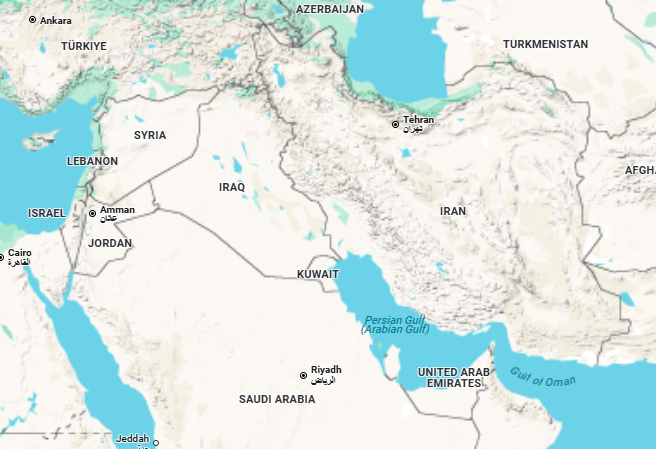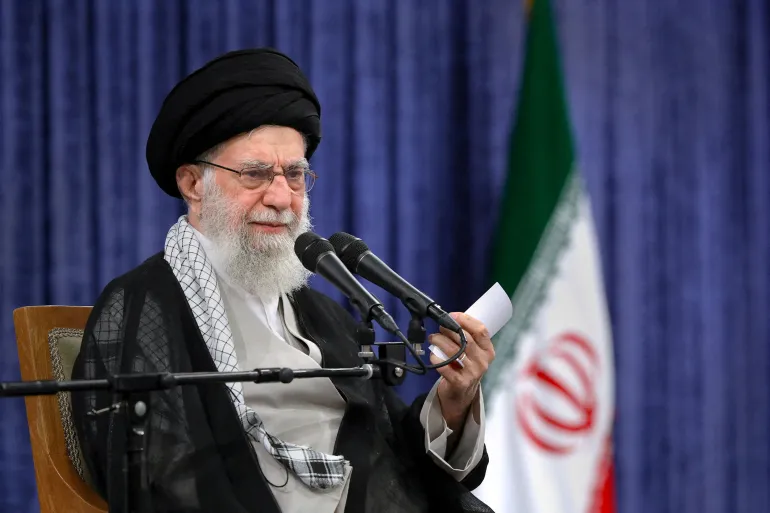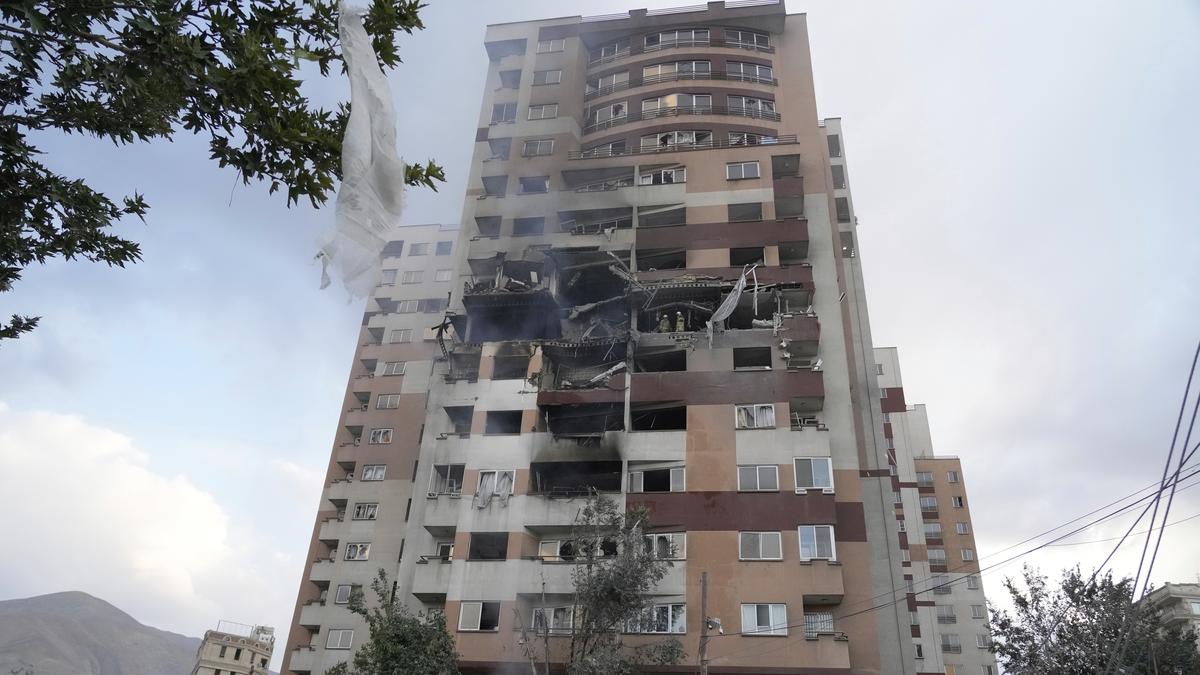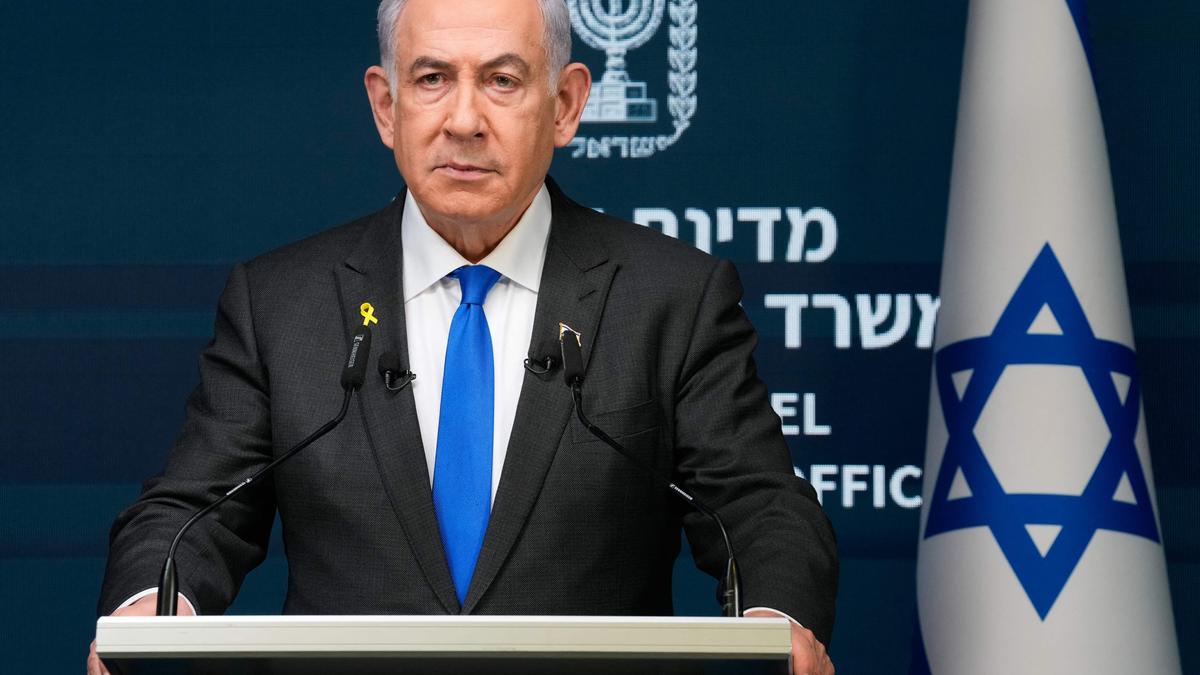What is known regarding Israel’s assaults on Iranian military leaders and nuclear installations:-
Two of the most powerful and diametrically opposed nations in the Middle East are Israel and Iran. Both countries have enormous regional and international impact, while having quite different systems of government, cultures, and strategic relationships. Israel is known for its inventiveness, military prowess, and close links to Western nations. It is a democratic and technologically sophisticated state. Iran is in charge of an intricate web of regional alliances and proxy armies, and it possesses enormous energy resources. Their antagonism is not just political; it is a conflict of ideas about the Middle East’s future that are influenced by conflicting geopolitical goals, history, and religion. To understand the larger issues and conflicts that characterize the contemporary Middle East, one must have a solid understanding of the dynamics between Israel and Iran.

A Strategic Analysis of Two Regional Powers: Israel and Iran:-
Israel and Iran are two of the most powerful and strategically important nations in the Middle East, despite not being global superpowers in the conventional sense like the United States or China. Their impact extends beyond their boundaries, influencing the political, military, and intellectual climate of the area.
1. The political system
Israel: A parliamentary democracy that prioritizes regular elections, autonomous institutions, and civil rights.
Iran: An Islamic theocracy consisting of a president and a partially elected parliament, with the Supreme Leader having the last say. Governance is greatly influenced by religion.
2. The Power of the Military
Israel: Has one of the world’s most sophisticated armies. It is thought to possess advanced air defense systems like the Iron Dome, special intelligence services like Mossad, and nuclear weapons, though these have not been publicly acknowledged.
Iran: possesses strong paramilitary groups such as the Islamic Revolutionary Guard Corps (IRGC) and one of the biggest standing militaries in the region. Iran is not yet a nuclear state, but it has advanced significantly in asymmetric warfare and missile technology.
3. Cyber and Technological Capabilities
Israel: A world leader in defense technology, AI, and cybersecurity. Known as the “Start-Up Nation,” it exports innovative high-tech products all over the world.
Iran: Although less developed, Iran has successfully launched cyberattacks, especially against opponents in the region, and has a sophisticated cyber program.
4. The Impact of Region
Israel: Upholds close relations with the United States and, thanks to accords like the Abraham Accords, with Arab nations. It projects power through military deterrence, economic alliances, and diplomacy.
Iran: To increase its influence and counter Western and Israeli power, it uses military and ideological proxies, such as Hezbollah in Lebanon, militias in Iraq and Syria, and the Houthis in Yemen.
5. Economy: Technology, defense, agriculture, and services power Israel’s contemporary, diverse economy.
Iran is a resource-rich country with enormous reserves of gas and oil, but it is hampered by internal mismanagement, international sanctions, and its reliance on energy exports.
1. Ideological Disagreement
Israel’s right to exist is not acknowledged by the Islamic Republic of Iran. Iran has demanded the abolition of the Israeli state ever since the Iranian Revolution of 1979.
The leaders of Iran depict Israel as an illegitimate “Zionist regime” and frequently justify their anti-Israeli stance as a component of a larger Islamic revolutionary agenda that is anti-Western.
However, because of Iran’s anti-Israel rhetoric and support for organizations dedicated to Israel’s annihilation, Israel views Iran as an existential threat.
2. Iran’s Assistance to Militant Organizations Opposed to Israel
Iran backs organizations such as The Lebanon Hezbollah, In Gaza, Hamas and Palestinian Islamic Jihad
These organizations frequently launch terrorist acts, cross-border assaults, and rocket fire against Israel.
Iran equips and finances its adversaries to evade direct conflict while undermining Israel’s security, which Israel views as a proxy war.
☢️ 3. The Nuclear Program of Iran
Israel is very concerned about Iran’s nuclear aspirations. Israel feels that its own existence would be at jeopardy if Iran were to obtain nuclear weapons.
Israel is therefore accused of carrying out clandestine activities to impede or delay Iran’s nuclear development, and it has been responsible for cyberattacks (such as the Stuxnet virus) and the murders of Iranian nuclear scientists.
4. Struggling for Dominance in the Region
Israel and Iran are both attempting to increase their sway over the Middle East. Iran is a member of the so-called “Shia Crescent,” which includes Shiite governments and militias in Yemen, Lebanon, Syria, and Iraq.
Meanwhile, Israel has forged new partnerships with Sunni Arab nations that see Iran as a threat, such as Bahrain and the United Arab Emirates. As a result, the dispute has expanded into a regional power struggle.
Video Source:-Guardian News
5. The Shadow War and Syria
Iran has placed troops and constructed military facilities near Israel’s border in the Syrian civil war.
Israel regularly hits Iranian targets in Syria in an effort to limit Iranian entrenchment and block arms deliveries to Hezbollah.
The animosity between the two countries has increased as a result of this ongoing “shadow war”.
⚖️ 6. Normalization against Diplomatic Isolation
Israel’s diplomatic relations with Arab and Muslim-majority countries have been growing.
Iran views this as a direct challenge to the Palestinian cause’s influence and a betrayal of it.
While Israel is expanding its diplomatic alliances, Iran is frequently isolated on a global scale.

Ayatollah Ali Khamenei, the supreme leader of Iran, has pledged to provide a “harsh response” [Office of the Iranian Supreme Leader/WANA]. through Reuters (Image Source:-Aljazeera)
Israel has carried out killings of senior military leaders and nuclear experts in addition to attacking a number of Iranian military installations and nuclear facilities. On Friday morning, the first round of strikes was executed. Later Friday, local media claimed a second, independent attack on Tabriz, in northwest Iran.
The Iranian Fars news agency, the semi-official state media outlet, released “unofficial statistics” on Friday afternoon indicating that Israel’s attacks had killed over 70 people and injured over 320 others.

On June 13, 2025, Israel invaded Iran’s capital, Tehran, resulting in an explosion in a residential compound that caused damage to a structure. ( Photo Credit: AP/The Hindu)
Israel launched a significant attack on Iran, bringing their long-running covert struggle into the open and raising the possibility of a more dangerous, larger regional warfare.

Image Source:- The Hindu
We hope that the war between the two countries ends soon and no innocent civilian loses his life.
For More update please follow us:-https://x.com/techpaisa24 :- https://www.instagram.com/techpaisa24
For more Article:-https://techpaisa24.com/ipos-in-indian-stock-market-better-time-for-investing/

